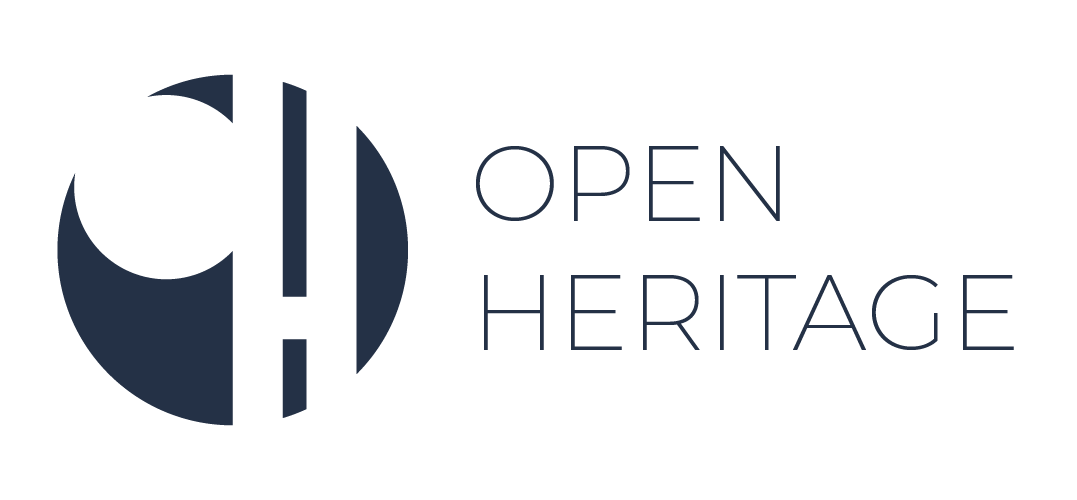In the immediate aftermath of the lockdown measures’ ease, the Luiss team kept the Lab activities alive and rearranged and adapted the program of the Lab Capacity building as a digital process. The Digital Capacity Building process was offered in collaboration with Confcooperative, the national level organization representative of cooperatives, and the National Agency for research on renewable energies and sustainable development, ENEA (the same organization that supported the initial fieldwork that led the Luiss team to create the Co-Rome coalition in 2015). The aim of the process is to foster the birth of cooperative businesses that operate at the neighborhood level and offer services that respond to emerging needs of inhabitants of distressed city neighborhoods, as well as to the existing needs that are exacerbated by the post-pandemic scenario. Examples are sustainable mobility and alternative transportation services within the neighborhoods; child-care; co-working spaces; food delivery; cultural exhibitions and co-creation of public art processes; self-production and peer-to-peer exchange of energy; urban agriculture; circular fashion, broadband and community wireless networks. The overall goal of the process was to (re)discover neighborhood co-operators who can contribute to the implementation of such businesses, already active or in progress in other city districts and generate new forms of urban co-operativism (in fact, during the pandemic communities have rediscovered the importance of neighborhood, proximity, and of places where they live and that surround them). To this purpose, in terms of output, the process is aimed at identifying and supporting new cooperators willing to work in Rome’s neighborhoods in order to change the urban development model of the City of Rome, and make it more socially, environmentally and culturally, as well as economically sustainable.

